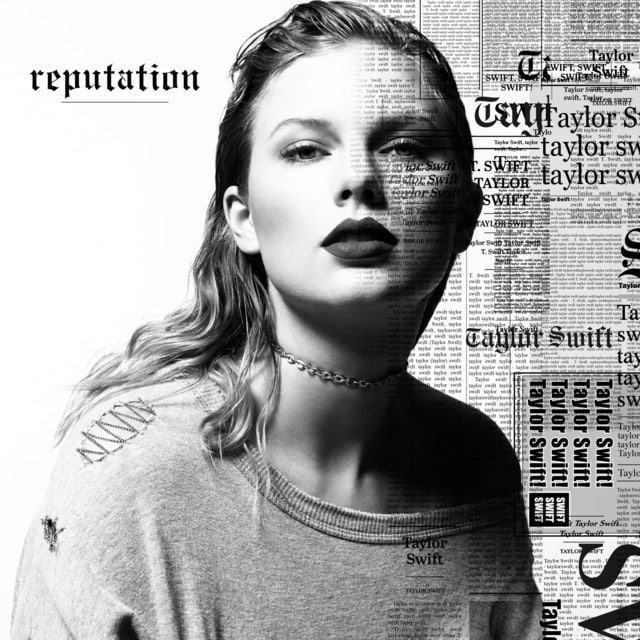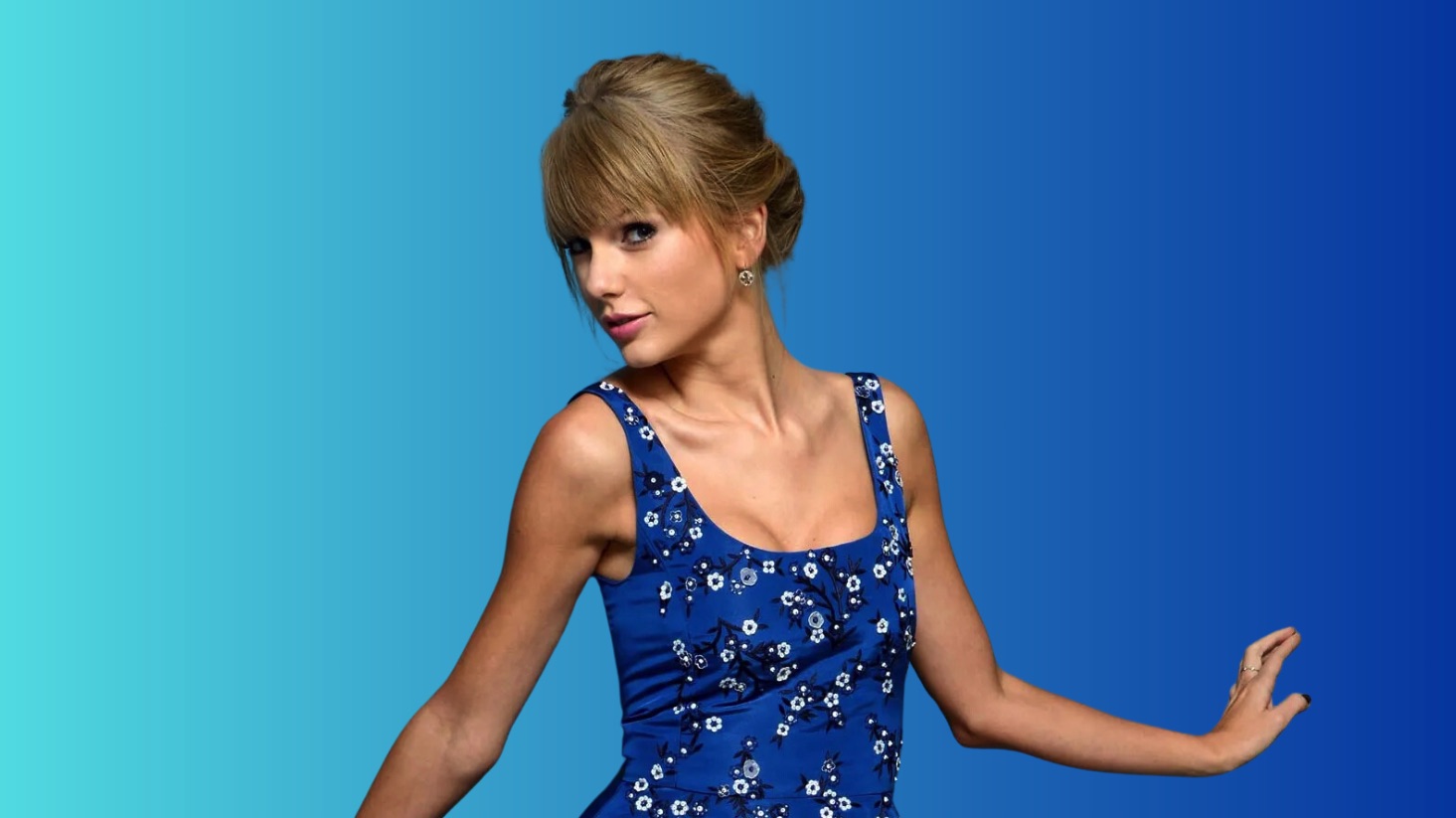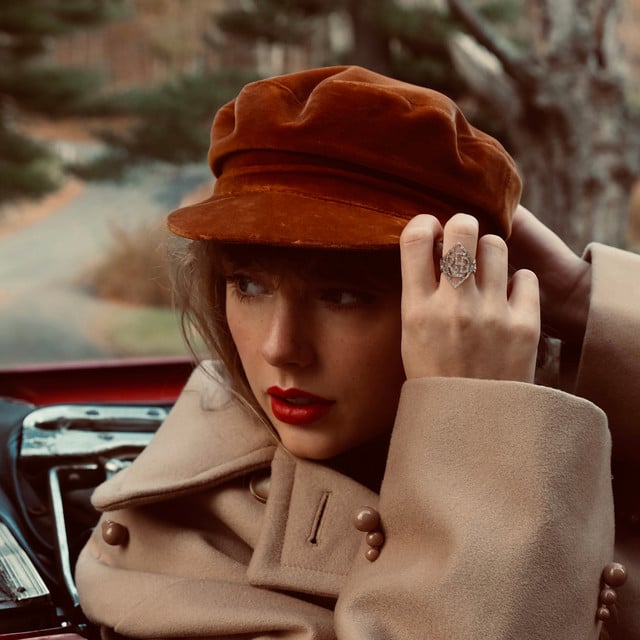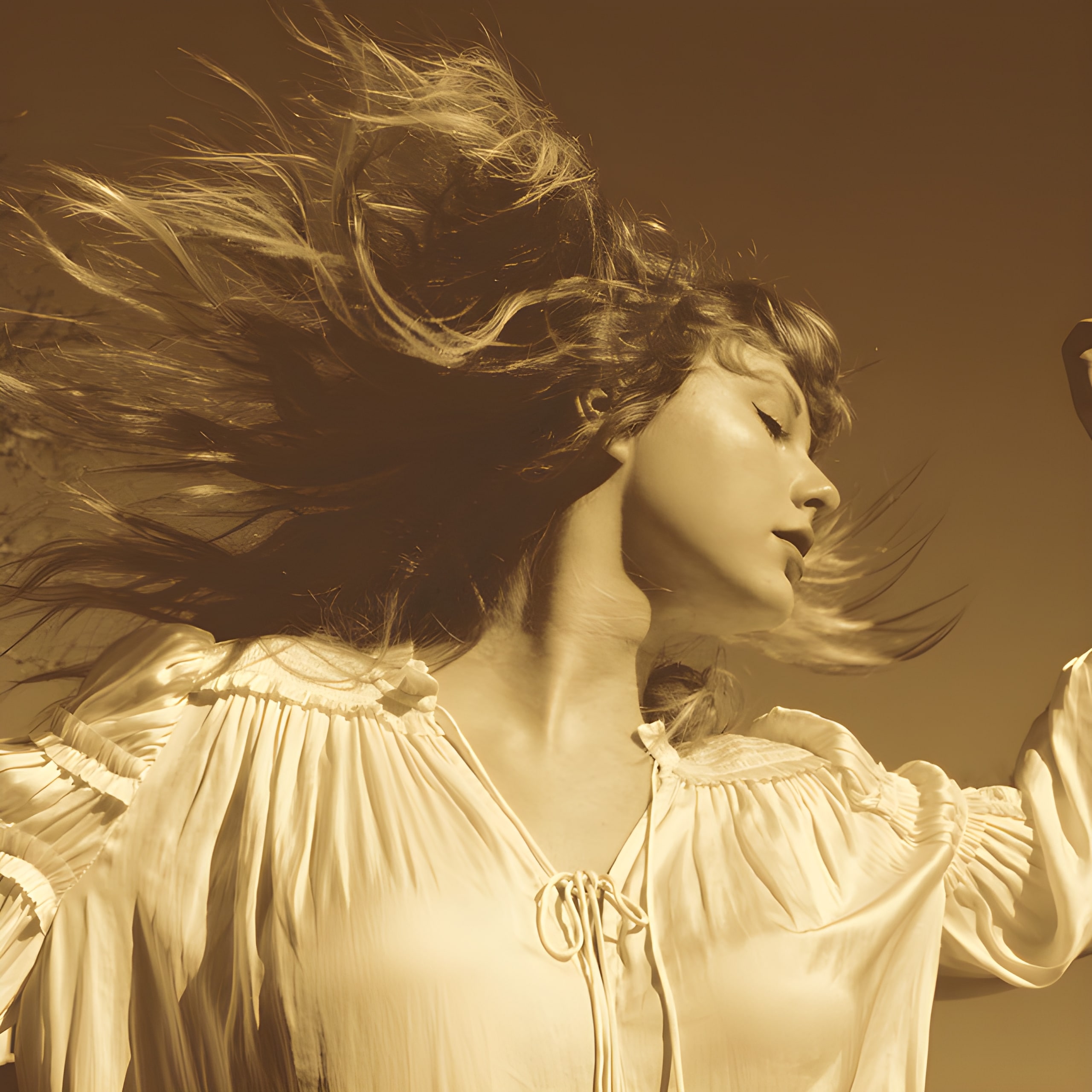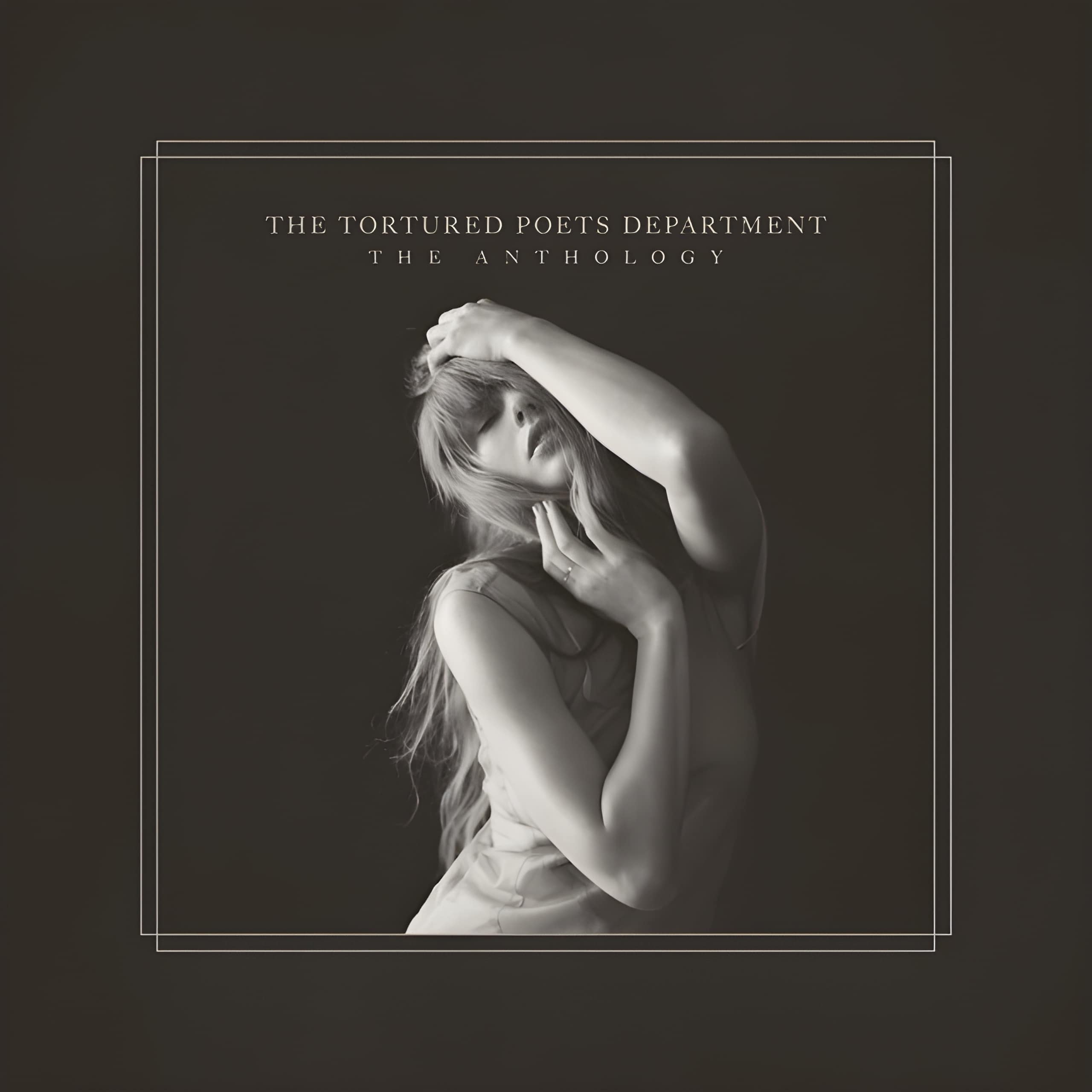Released: 2017
“Don’t Blame Me” by Taylor Swift is a deep foray into the intoxicating and all-consuming aspects of romantic love. Swift sings about her love addiction, framing it as a dependency as intense as a drug, highlighting the reckless abandon often accompanying profound emotional infatuation.
The song opens with the blunt declaration, “Don’t blame me, love made me crazy / If it doesn’t, you ain’t doin’ it right / Lord, save me, my drug is my baby / I’ll be usin’ for the rest of my life.” Swift is asserting that love’s madness is a universal experience, essentially inviting the listener to excuse any irrational behavior as a byproduct of profound passion. When she petitions for salvation “Lord, save me”, Swift is acknowledging the destructive potential of her intense feelings while simultaneously admitting she has no plans of giving them up—her love is her “drug”, her dependence which she plans to “use” lifelong.
The middle verses reveal Swift’s transformation stemming from her stupendous infatuation; she goes from “breaking hearts and toying with older guys” to completely losing herself in a relationship that has taken her sanity – “I would cross the line / I would waste my time / I would lose my mind.” This could reference her public-documented relationships with older men, and her eventual shift to a more private, mature love.
Perhaps the song’s most telling line is the confession: “I once was poison ivy, but now I’m your daisy.” Swift might be admitting her past toxicity, but now sees herself as a ‘daisy’ in her new relationship – a symbol of innocence and purity. The shift from “poison ivy” to “daisy” symbolizes the transformative power of love.
In her repeated chorus of “Don’t blame me, love made me crazy”, Swift doubles down on the notion that the dizzying heights and depths that love can drive us to aren’t individual faults or shortcomings, but a universal, albeit volatile, part of the human experience. Her plea of “Lord, save me, my drug is my baby” underscores her helplessness against this powerful emotion.
So “Don’t Blame Me,” in essence, is a pop anthem for the lovers who lose, find, and re-form themselves within the rapturous whirl of love. Swift isn’t hesitant to lay bare her torment and transformation, providing a raw and compelling portrayal of romantic enthrallment that many in and out of love can relate to.
